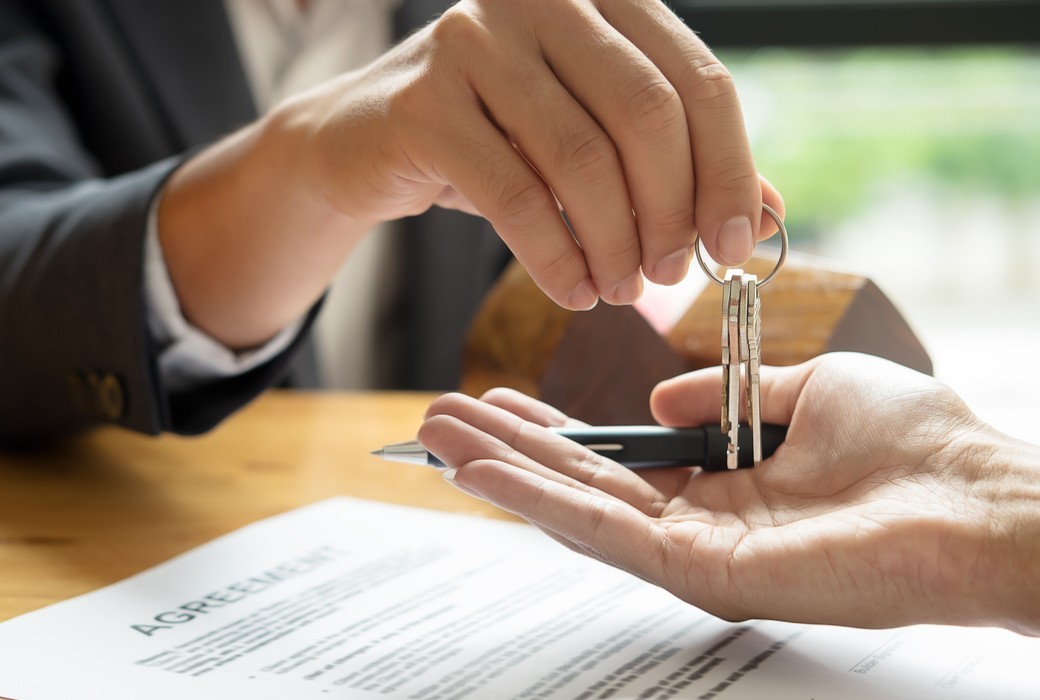
What happens to company assets when a business is wound-up?

When a company is wound up this means it is officially closed down, its assets and liabilities are dealt with, and the business removed from the register held at Companies House.
As part of this process, all assets the company has will be liquidated. This means they will be sold with the aim of realising as much money as possible which can then be used to pay the company’s outstanding creditors. Alternatively, in the case of a solvent liquidation, this money will be distributed among the shareholders.
How are the company assets sold?
Often assets will be sold to unrelated third parties, or even competitors, however, in some cases a director may wish to retain some or all of the company’s assets. This may be because they hold sentimental value, the director would like to keep them for personal use, or the director would like to use them for a future business endeavour.
Should a director be keen to keep some of the company’s assets then they will be allowed to purchase them off the insolvency practitioner. This must be at the going market rate as established by an independent valuer.
After the sale
Regardless of who purchases the assets, the proceeds generated will be used in the same way – to make payments to the company’s outstanding creditors. When a business is forcibly wound up, or enters an insolvent liquidation process, this is often because it has a large amount of debts it simply cannot afford to pay. A company is classed as insolvent if its liabilities outweigh its assets. This means that even once all the company’s assets are liquidated the company will still owe more than it has in the bank.
What is the priority of payment?
If all creditors cannot be paid in full, the appointed insolvency practitioner will have to ensure that creditors are paid according to a designated hierarchy. This is as follows:
1. Secured creditors – First in the line for payment are secured creditors. These are those who have a registered charge against a specific asset, or class of asset. This typically includes property, automobiles, and plant machinery.
Secured creditors can be divided into two groups – those that hold a fixed charge and those with a floating charge. This distinction is important when it comes to distributing funds following liquidation.
a. Fixed charge - Banks, asset-based lenders, and purchase hire providers often fall into this category. They hold a charge over a fixed asset such as a vehicle or property. They will get paid first following the sale of the asset they have a claim over.
b. Floating charge – Floating charges can be applied to moveable and tradable assets such as stock, the company’s debtor book, and fixtures and fittings. Those with a floating charge, do stand a moderate change of recouping some of the money they are owed, however, preferential creditors (detailed below) will be able to stake their claim first.
As secured creditors have a claim over a valuable and resalable asset, they stand a greater chance than most of receiving the money they are owed from the insolvent company.
2. Preferential creditors – This class of creditors typically includes employees of the insolvent company. Employees are able to claim for unpaid wages and holiday pay direct from the company. HMRC are now also classed as a preferential creditor as a result of the Finance Act 2020.
3. Unsecured creditors – These are typically the largest pool of creditors, and unfortunately, they are often left out of pocket when an insolvent company enters liquidation. Examples of unsecured creditors are suppliers who have not received payment for the goods they have provided, customers who may have paid for a service or product that was never delivered, and finance providers who lent on an unsecured basis.
Next steps
If you have any questions regarding solvent or insolvent liquidation, the experts at BTG Begbies Traynor are here to help. With almost 30 years’ experience and over 100 offices up and down the country, we are the leading corporate rescue and recovery practice in the UK. Call us today to arrange a free no-obligation initial consultation with a licensed insolvency practitioner in your local area.
More BTG Begbies Traynor Articles
Contact the team
Key Contact

You're in Safe Hands
- 35+ Years Experience
- 100+ UK Offices
- Confidential director support
- Insolvency market leader
Article Archive
Article Categories

